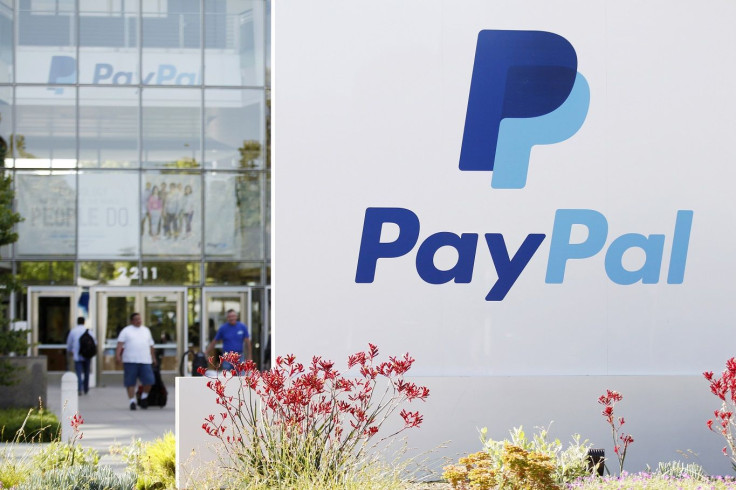PayPal joins Netflix’s fight against geo-dodgers

PayPal has begun blocking payments to virtual private network (VPN) providers, apparently in a bid to help the US-based global streaming company.
Canadian VPN company UnoTelly has recently informed customers that PayPal has severed their payment processing agreement without prior warning. According to PayPal’s email to the company, which has been obtained by TorrentFreak, the online payment firm accused UnoTelly of violating its policy.
Like us on Facebook
“Under the PayPal Acceptable Use Policy, PayPal may not be used to send or receive payments for items that infringe or violate any copyright, trademark, right of publicity or privacy, or any other proprietary right under the laws of jurisdiction,” the email reads.
“This includes transactions for any device or technological measure that descrambles a scrambled work, decrypts an encrypted work or otherwise avoids, bypasses, removes, deactivates or impairs a technological measure without the authority of the copyright owner.”
As a result, UnoTelly has stopped accepting payment through PayPal from its subscribers.
PayPal did not mention Netflix’s name specifically when it addressed UnoTelly, but the move was considered as taking Netflix’s side on its war against geo-dodgers. UnoTelly, as well as other VPN providers, allow customers outside the US to subscribe to Netflix’s US library.
Last month, Melbourne-based uFlix and Express VPN both received reports from some customers who were unable to access their Netflix. The companies, however, were undeterred in continuing to provide service to their customers, saying they would easily find solutions.
As Netflix is now offering local services to different countries worldwide, it has vowed crack down subscribers using a proxy.
“We look forward to offering all of our content everywhere to consumers being able to enjoy all of Netflix without using a proxy. That’s the goal we will keep pushing towards,” David Fullagar, VP of content delivery architecture, wrote in a blog post.
In Australia, the local Netflix offers only about 10 percent of the content on its US counterpart, which is why some Australian households are subscribed to the US Netflix using geo-dodging tools.





















